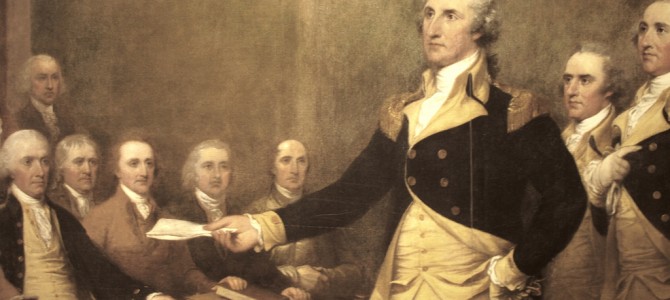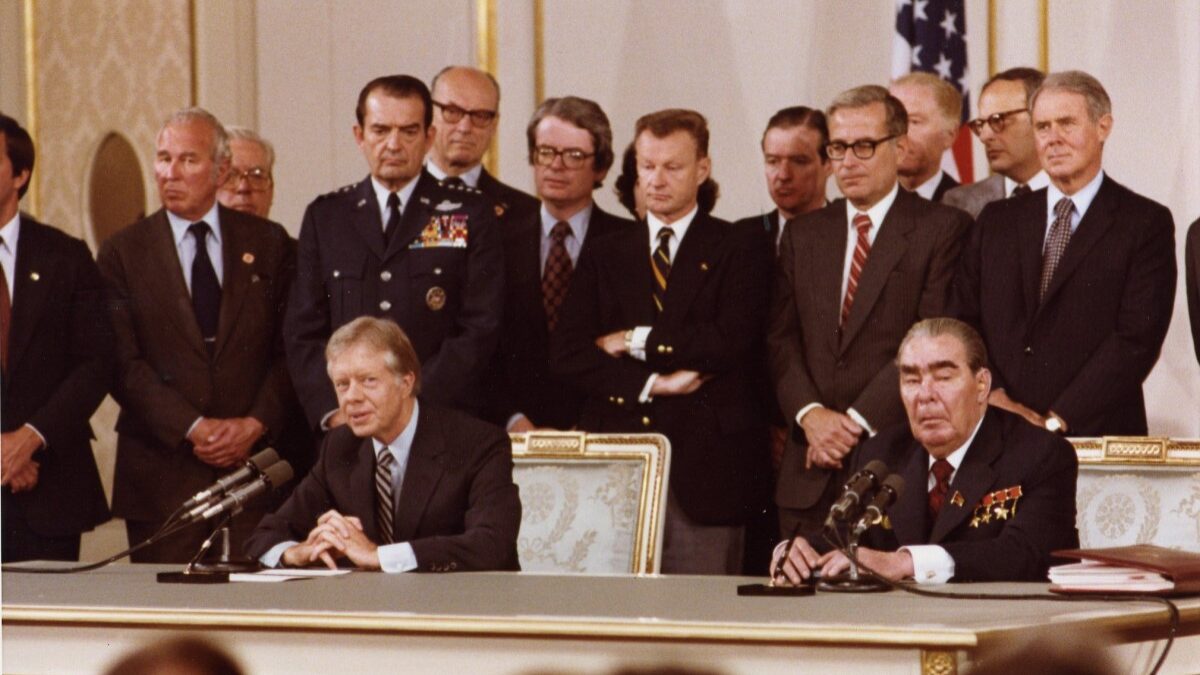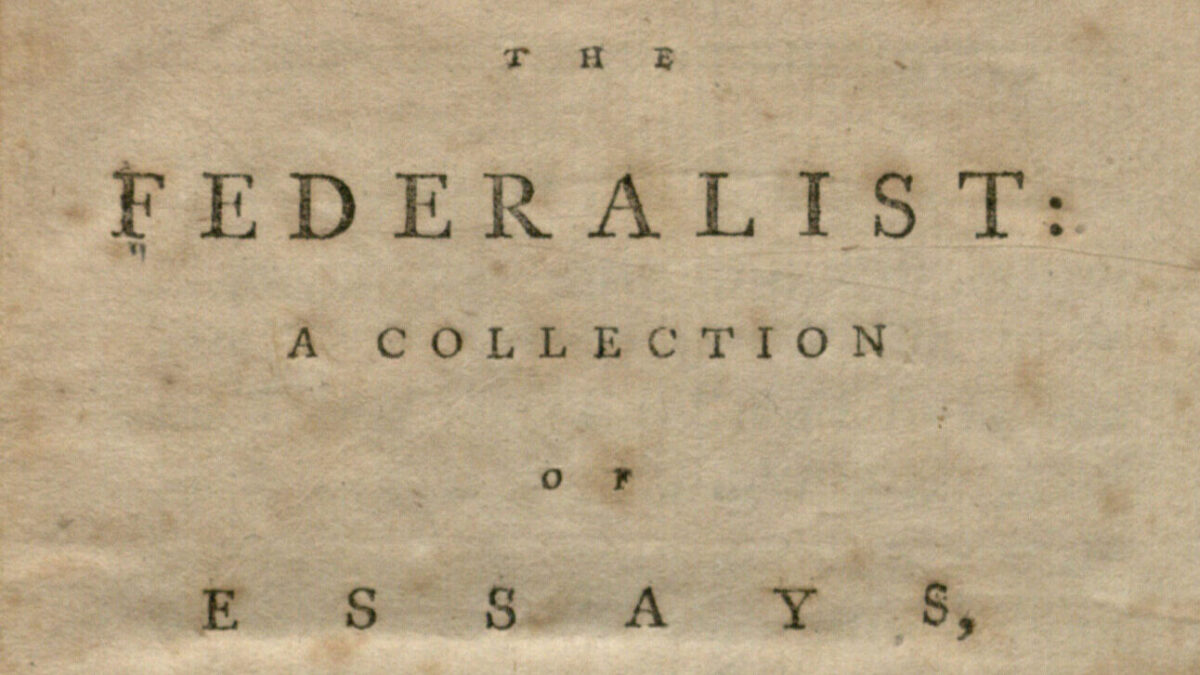The Senate “torture report” has reopened the debate over the treatment of prisoners under American care. President George Washington, as commander of Colonial forces during the American Revolution, had a fairly straightforward policy when it came to torture. Despite the fact that colonial prisoners, both military and civilian, had been routinely tortured and mistreated by British and Hessian troops throughout the war, Washington would not have it in the ranks of his army. In 1775, he commanded his officers,
Should any American soldier be so base and infamous as to injure any [prisoner]. . . I do most earnestly enjoin you to bring him to such severe and exemplary punishment as the enormity of the crime may require. Should it extend to death itself, it will not be disproportional to its guilt at such a time and in such a cause… for by such conduct they bring shame, disgrace and ruin to themselves and their country.
As for the treatment of prisoners, Washington instructed his troops after their victory at the Battle of Trenton, “Treat them with humanity, and let them have no reason to complain of our copying the brutal example of the British Army in their treatment of our unfortunate brethren who have fallen into their hands.”
General Washington spoke with clarity on the subject of torture. He wanted his soldiers to uphold a higher standard than standing armies had typically upheld throughout history. However, that being said, is the Central Intelligence Agency’s intelligence-gathering program analogous to the practices in which Washington forbade his army from engaging?
Historical Uses of Torture in War
As a tool of war, torture has historically served two primary purposes. The first was purely sadistic. “Men are not gentle creatures,” wrote Sigmund Freud in “Civilization and Its Discontents.” Man’s nature causes him, Freud added, to see his neighbor as, “someone who tempts them to satisfy their aggressiveness on him, to exploit his capacity for work without compensation, to use him sexually without his consent, to seize his possessions, to humiliate him, to cause him pain, to torture and kill him. Homo homni lupus (Man is a wolf to man).” This would explain why torture, in less gentle times and places, is a spoil of war right alongside looting and rape. The sad truth is that soldiers have often taken pleasure in breaking their enemies and hearing them scream. This animalistic pleasure would be what Washington correctly referred to as “base and infamous”—in other words, torture expressed a character flaw unbecoming of a continental soldier.
The second effect torture was meant to produce was psychological. Torture was used to spread fear, sapping the enemy population’s will to resist and hastening capitulation. Again, this tactic has been employed throughout history by everyone from the Romans, to the armies of the Khans, right up until modern times by our current Jihadist enemy. Simply put, this tactic is terrorism.
There is no denying that many of America’s founding fathers opposed torture. They opposed it on the battlefield as a relic of human barbarism more enlightened minds sought to leave behind. They opposed it as a tool used by absolute monarchs to extract confessions for use in trials against those accused of crimes. They opposed it as a tool of punishment.
Torture Today May Be Different
As a matter of policy, America’s enhanced interrogation program is not designed to produce any of these effects (whether they do as a practical matter is a different question.) To the contrary, America’s policy toward prisoners of war goes far beyond anything General Washington would have imagined. Current military regulations require a high standard for maintaining not only the physical health of prisoners, but for their psychological and spiritual as well.
This high standard of treatment has actually been extended to unlawful combatants as defined by both U.S. and international law, something even Washington was loath to do (see André, Major John).
General Washington’s exhortations to his commanders and troops are a helpful guide to how our military should conduct itself. However, they do not tell us if he would have waterboarded a handful of British spies if he believed the information could have, for example, brought an end the torture and killing of 11,000 American men and women aboard the HMS Jersey. Such a question is certainly more analogous to the one we’re asking today, and the answer is may be just as elusive.









